Car insurance is a legal agreement between you and an insurer that protects you financially if you're in an accident or your car is damaged. It’s required in most states to make sure all drivers can cover the cost of damage or injuries they may cause.
Understanding car insurance shouldn't feel like decoding a secret language. Whether you’re buying your first policy, reviewing an existing one, or just trying to figure out why your rate went up, the auto insurance world can seem overwhelming. But it doesn’t have to be. This easy-to-understand guide simplifies the jargon, breaks down coverage types, and answers the most common questions people ask when searching for auto insurance basics.
So, buckle up. We’re going to make car insurance made easy.
What Is Car Insurance?
Car insurance is a contract between you and an insurance provider that protects you from financial loss in the event of an accident, theft, or other covered event. In exchange for your monthly or annual insurance premium, the insurer agrees to pay for specific types of car insurance coverage—such as repairs, medical bills, or liability—depending on the plan you choose.
It’s legally required in almost every state in the U.S., making it a non-negotiable part of car ownership. Source: Insurance Information Institute
Auto Insurance Basics: Why It Exists
The primary purpose of car insurance is to protect drivers, passengers, and other parties on the road from financial harm. Accidents are expensive, and most people can’t afford to pay out of pocket for another person's medical expenses or vehicle repairs. That’s where insurance comes in.
It also helps ensure fairness in a crash—if you cause the accident, liability insurance will cover the damage to others. If someone else is at fault and uninsured, your uninsured motorist coverage may kick in.
Types of Car Insurance Coverage (Explained Simply)
Let’s demystify auto insurance by breaking it into the key components. These are the types of car insurance you’ll see most often:
1. Liability Insurance (Explained)
Required by law in most states, liability insurance covers damages and injuries you cause to others. It includes:
- Bodily Injury Liability: Covers medical expenses, lost wages, and legal fees.
- Property Damage Liability: Pays for repairs to another person’s vehicle or property.
2. Collision Insurance
Covers the cost of repairing or replacing your vehicle if you hit another car or object—regardless of fault.
3. Comprehensive Insurance
Handles damage not caused by a collision, such as theft, fire, vandalism, weather, or hitting an animal.
4. Personal Injury Protection (PIP)
Also called “no-fault insurance,” PIP covers medical expenses for you and your passengers regardless of who caused the accident.
5. Uninsured/Underinsured Motorist Coverage
Helps pay for your expenses if you're hit by a driver who has no insurance or not enough insurance.
6. Full Coverage (Explained)
Full coverage usually refers to a policy that includes liability, collision, and comprehensive insurance. It doesn’t mean “everything is covered”—but it does mean broader protection.
Understanding Your Car Insurance Policy
Insurance policies can be dense, so here’s a simple guide to auto insurance documents:
- Declarations Page: Summary of your policy, including coverage types, limits, and deductibles.
- Coverage Details: Breaks down what’s included and excluded.
- Policy Limits: The max amount your insurer will pay per claim.
- Deductibles: The amount you pay out-of-pocket before your insurance kicks in.
Need help reading your car insurance policy? Ask your insurer to walk through it with you or consult this insurance glossary from the National Association of Insurance Commissioners.
How Car Insurance Works (Explained)
When you buy a policy, you’re agreeing to pay a premium—usually monthly or annually. If something happens, you file a claim, and your insurer either pays the repair shop, reimburses you, or cuts a check directly to the other party.
Here’s how the car insurance claim process works explained easily:
- File the Claim: Online, by phone, or via your app.
- Adjuster Reviews: An insurance rep (adjuster) assesses the damage.
- Payout: You may get a check or they’ll pay the shop directly—minus your deductible.

What Factors Affect Car Insurance Rates (Explained for Beginners)
Your rates depend on a variety of factors:
- Driving Record: Accidents and violations raise your premium.
- Location: Urban areas tend to have higher rates due to more accidents.
- Vehicle Type: Expensive or powerful cars cost more to insure.
- Coverage Limits and Deductibles: Higher coverage and lower deductibles mean higher premiums.
- Credit Score: Used in many states to predict claim risk.
Source: NerdWallet – How car insurance rates are determined
Common Car Insurance Terms Explained
Here are some terms you’ll likely run into when navigating auto insurance:
- Premium: What you pay for the policy.
- Deductible: What you pay before your insurance pays.
- Limit: The max the insurer will pay.
- Endorsement: An add-on or change to your policy.
- Exclusion: What’s not covered.
You can explore more in our Noble Quote Learning Center for additional definitions and scenarios.
Who Is Covered Under My Car Insurance?
Generally:
- You (the policyholder)
- Spouse or Partner (living at the same address)
- Licensed Family Members (often teens or young adults at home)
- Permissive Drivers (people who occasionally borrow your car)
Always verify with your provider—coverage rules vary.
Choosing the Right Car Insurance Coverage
Here’s how to choose the right car insurance coverage based on your situation:
- New Car or Loan/Lease? Go for full coverage.
- Old Car, Paid Off? You might skip comprehensive/collision if the value is low.
- Live in a High-Theft Area? Definitely add comprehensive.
- Drive a Lot? Consider higher liability coverage.
Avoiding Car Insurance Mistakes
Some of the biggest car insurance mistakes include:
- Choosing the cheapest policy without reading the fine print
- Not updating your policy when life changes (new car, address, etc.)
- Ignoring deductible levels
- Forgetting to ask for discounts (multi-policy, safe driver, etc.)
- Not comparing quotes
Why Is Car Insurance Mandatory?
Because it protects not just you—but everyone on the road. Without mandatory insurance, victims of crashes could be left without help. It’s about financial protection and social responsibility.
Final Thoughts: Auto Insurance Doesn’t Have to Be Complicated
Whether you’re buying for the first time or reviewing your current policy, understanding your car insurance coverage puts you in control. You don’t need to memorize every legal term or coverage nuance. Just focus on what protection you need, compare options, and ask questions when things don’t make sense.
At NobleQuote, we believe in car insurance for beginners, built with transparency and peace of mind. If you're ready to simplify your insurance journey, get started with a free quote or dive deeper into our Learning Center.
Auto Insurance FAQs: Simple Answers to What People Really Want to Know
What is car insurance and why do I need it?
How does car insurance work in simple terms?
You pay a monthly or yearly premium to keep your policy active. If something happens to your car, like an accident or theft, you file a claim and your insurance company helps pay for the damages—after you meet your deductible.
What does liability car insurance cover?
Liability insurance covers the cost of injuries and property damage you cause to others in an accident. It doesn’t pay for your own medical bills or vehicle repairs.
What’s the difference between collision and comprehensive insurance?
Collision insurance pays for damage to your car from an accident, no matter who’s at fault. Comprehensive insurance covers damage from non-collision events like theft, fire, floods, or hitting a deer.
How much car insurance do I need?
The amount you need depends on your state’s minimum requirements, your financial situation, and the value of your car. Many drivers choose more than the minimum to avoid big out-of-pocket expenses in serious accidents.
What is a deductible in car insurance?
A deductible is the amount you pay out of pocket before your insurance covers the rest. For example, if your deductible is $500 and your repair costs $1,500, your insurer pays $1,000.
What is an insurance premium?
An insurance premium is the amount you pay (monthly, quarterly, or annually) to keep your coverage active. Your premium is based on factors like your age, location, driving history, and the type of coverage you choose.
Who is covered under my car insurance policy?
Typically, your policy covers you, your spouse, family members living in your household, and anyone you allow to drive your car. Always check with your insurer to confirm who’s included.
Why are my car insurance rates so high?
Rates are based on risk. If you have a history of accidents, live in a high-traffic area, drive an expensive car, or have poor credit, your rates may be higher. Shopping around can often lower your premium.
How can I compare car insurance quotes effectively?
Look beyond just the price. Compare coverage types, limits, deductibles, and exclusions. Make sure you're comparing similar policies so you're getting the best value—not just the cheapest rate.
Suggestions for you
Read MoreLet’s work together
Every week we showcase three charitable organizations that our donations are sent to. Our clients are able to choose which of these three will receive their gift when they add coverage to their vehicle...


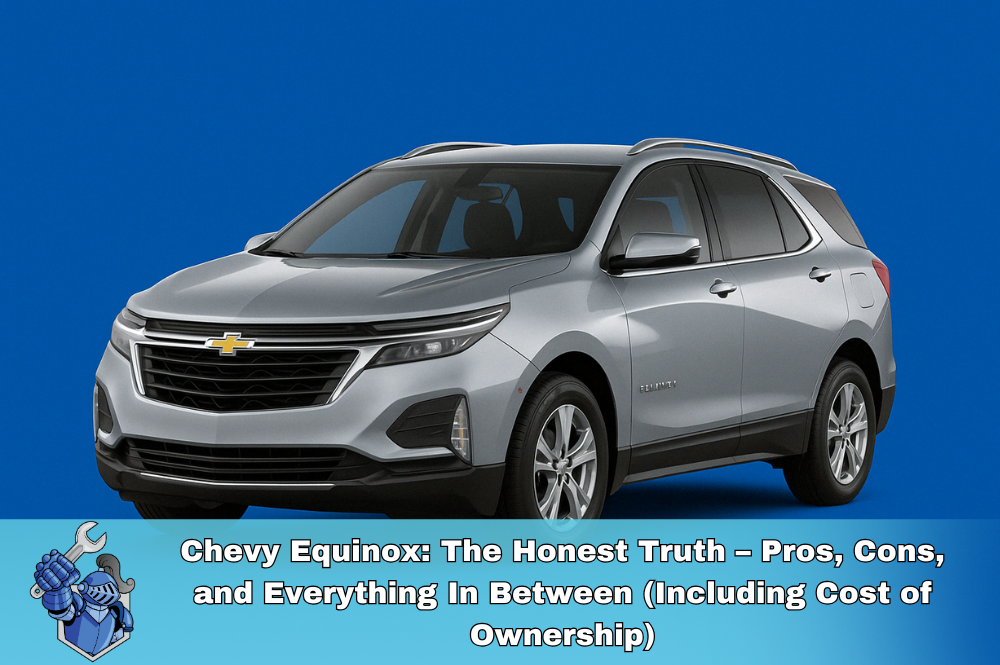 Chevy Equinox: The Honest Truth – Pros, Cons, and Everything In Between (Including Cost of Ownership)
Chevy Equinox: The Honest Truth – Pros, Cons, and Everything In Between (Including Cost of Ownership) Slash Your Car Insurance Bills: Expert Tips You Need Now
Slash Your Car Insurance Bills: Expert Tips You Need Now Beyond the Movie: The Gritty Truth of Ford vs. Ferrari
Beyond the Movie: The Gritty Truth of Ford vs. Ferrari Hello, Robot Neighbor: The Dawn of Everyday AI and Its Impact
Hello, Robot Neighbor: The Dawn of Everyday AI and Its Impact From Solid Axle to Supercar: The Ultimate Guide to Every Corvette Generation (C1–C8)
From Solid Axle to Supercar: The Ultimate Guide to Every Corvette Generation (C1–C8)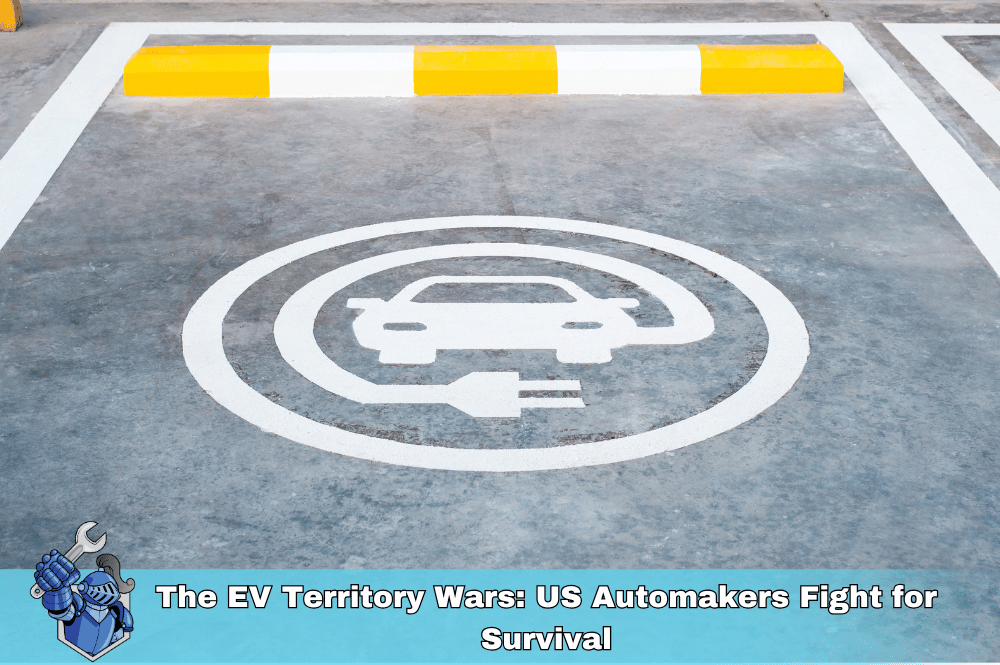 The EV Territory Wars: US Automakers Fight for Survival
The EV Territory Wars: US Automakers Fight for Survival Drive Away Richer? Credit Card Secrets for Smart Car Buying
Drive Away Richer? Credit Card Secrets for Smart Car Buying Understanding Car Leasing: A Complete Guide for First-Timers
Understanding Car Leasing: A Complete Guide for First-Timers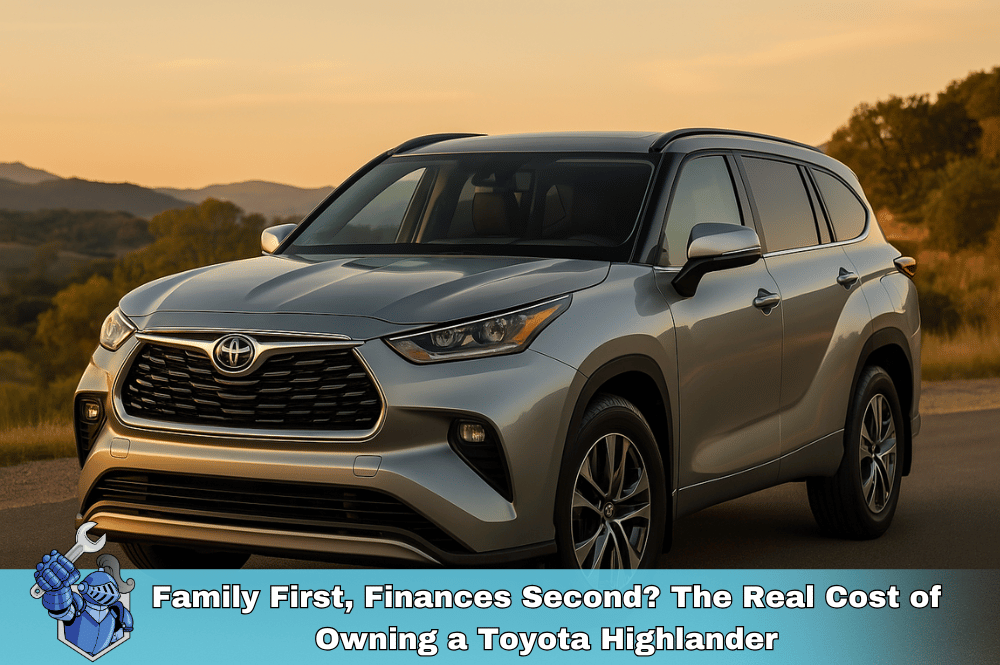 Family First, Finances Second? The Real Cost of Owning a Toyota Highlander
Family First, Finances Second? The Real Cost of Owning a Toyota Highlander The Crypto Long Game: Proven Strategies for Building Generational Wealth
The Crypto Long Game: Proven Strategies for Building Generational Wealth Living with a Legend: The Hidden Costs of Dodge Challenger Hellcat Ownership
Living with a Legend: The Hidden Costs of Dodge Challenger Hellcat Ownership Beyond Self-Driving: OpenAI and the Next Generation of Automotive Intelligence
Beyond Self-Driving: OpenAI and the Next Generation of Automotive Intelligence Blockchain Basics: The Technology Behind Cryptocurrencies
Blockchain Basics: The Technology Behind Cryptocurrencies New vs. Used: A Financial Showdown for Your Next Vehicle
New vs. Used: A Financial Showdown for Your Next Vehicle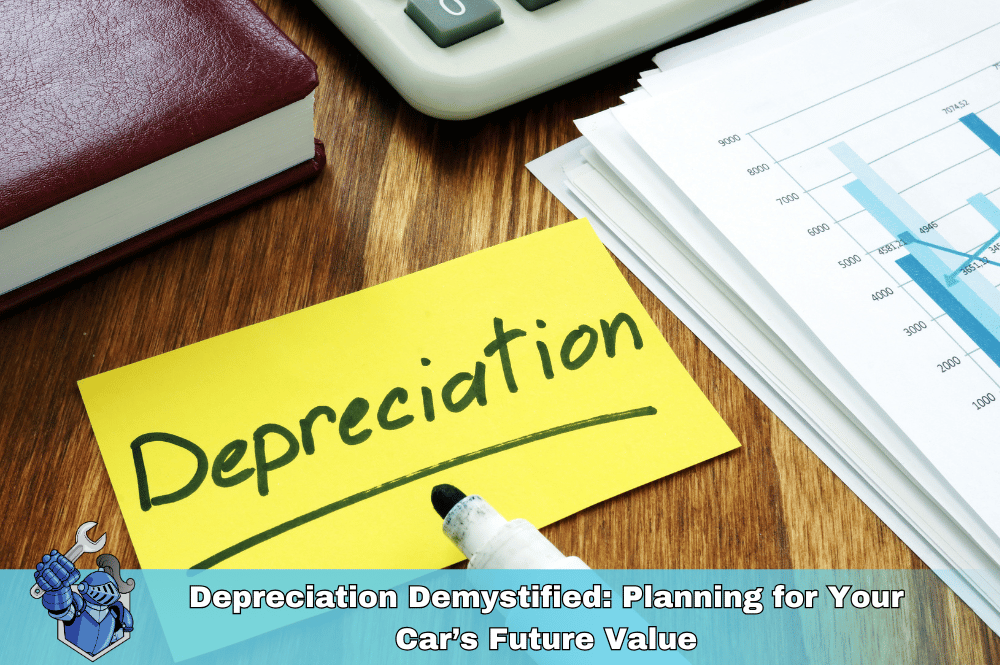 Depreciation Demystified: Planning for Your Car’s Future Value
Depreciation Demystified: Planning for Your Car’s Future Value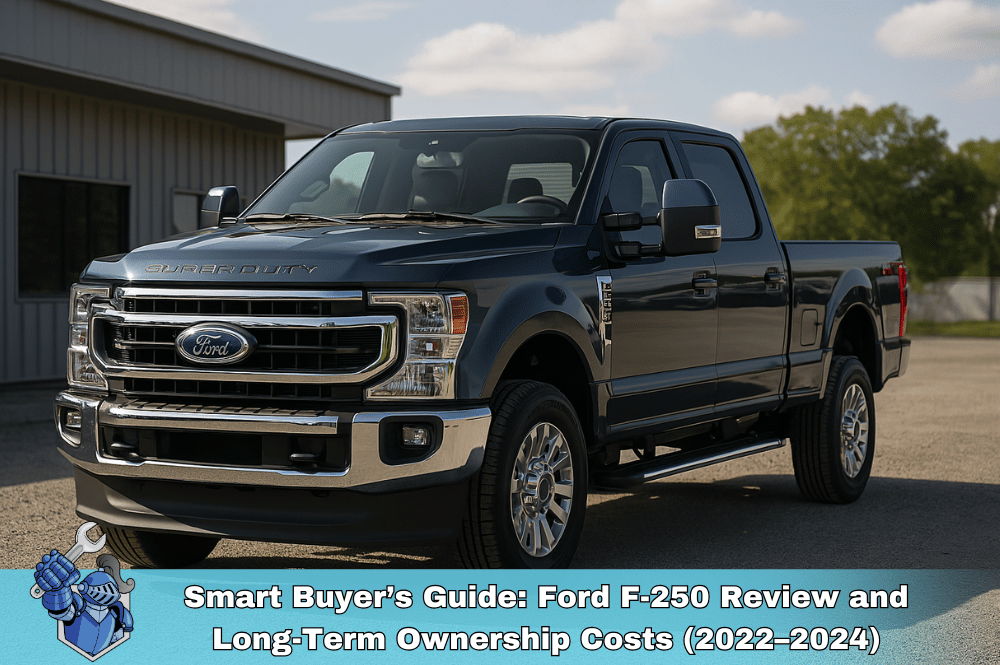 Smart Buyer’s Guide: Ford F-250 Review and Long-Term Ownership Costs (2022–2024)
Smart Buyer’s Guide: Ford F-250 Review and Long-Term Ownership Costs (2022–2024) DIY Danger? The Financial Risks of Handling Car Repairs Yourself
DIY Danger? The Financial Risks of Handling Car Repairs Yourself The Downtime Trap: How Car Repairs Can Cost You More Than Just the Bill
The Downtime Trap: How Car Repairs Can Cost You More Than Just the Bill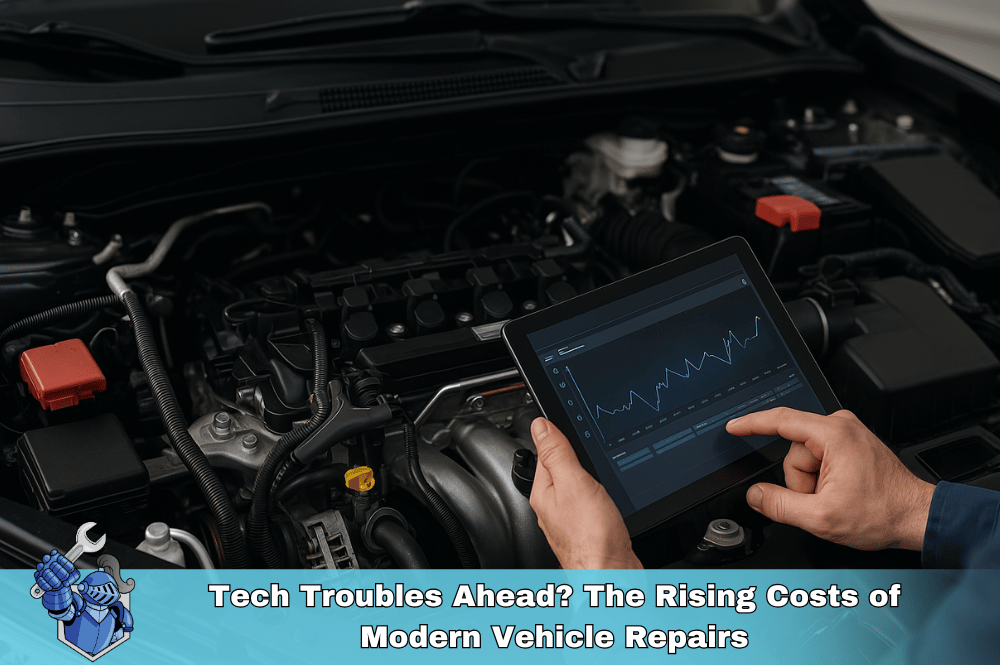 Tech Troubles Ahead? The Rising Costs of Modern Vehicle Repairs
Tech Troubles Ahead? The Rising Costs of Modern Vehicle Repairs Drive Smart, Save Smarter: Your Guide to Budgeting for Car Care
Drive Smart, Save Smarter: Your Guide to Budgeting for Car Care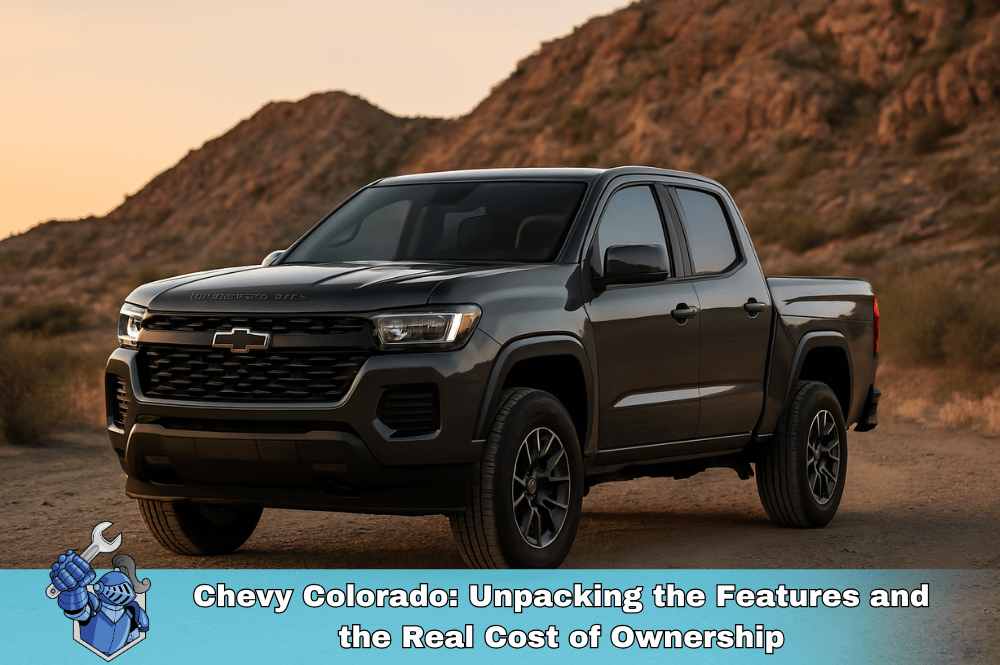 Chevy Colorado: Unpacking the Features and the Real Cost of Ownership
Chevy Colorado: Unpacking the Features and the Real Cost of Ownership Don’t Let Tariffs Hike Your Bills: The Smart Way an Extended Warranty Saves You on Car Repairs
Don’t Let Tariffs Hike Your Bills: The Smart Way an Extended Warranty Saves You on Car Repairs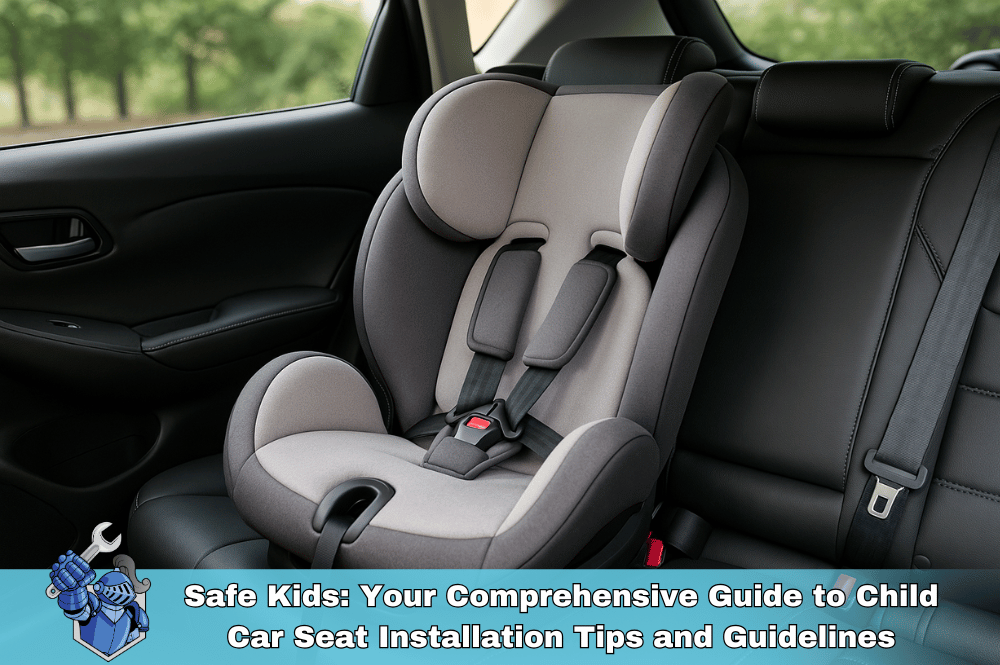 Safe Kids: Your Comprehensive Guide to Child Car Seat Installation Tips and Guidelines
Safe Kids: Your Comprehensive Guide to Child Car Seat Installation Tips and Guidelines Unlock Better Opportunities: Your Guide to Understanding and Improving Your Credit Score
Unlock Better Opportunities: Your Guide to Understanding and Improving Your Credit Score What to Do If Your Vehicle Service Contract Claim Is Denied
What to Do If Your Vehicle Service Contract Claim Is Denied Vehicle Service Contracts for SUVs and Trucks: Protecting Your Investment
Vehicle Service Contracts for SUVs and Trucks: Protecting Your Investment Maximize Your Savings: Understanding Your Vehicle Service Contract Deductible Options
Maximize Your Savings: Understanding Your Vehicle Service Contract Deductible Options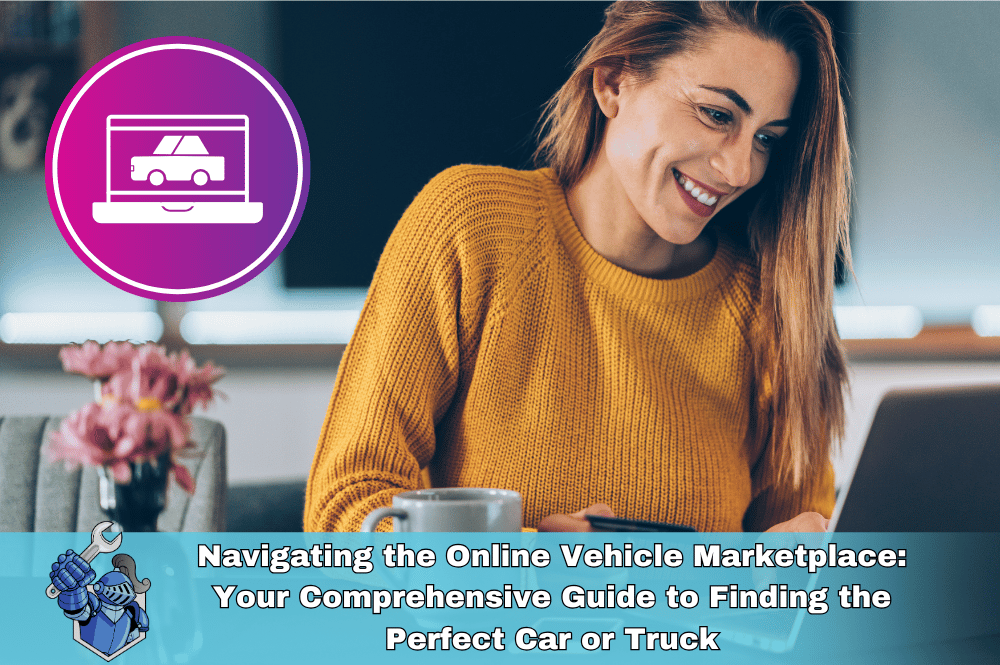 Navigating the Online Vehicle Marketplace: Your Comprehensive Guide to Finding the Perfect Car or Truck
Navigating the Online Vehicle Marketplace: Your Comprehensive Guide to Finding the Perfect Car or Truck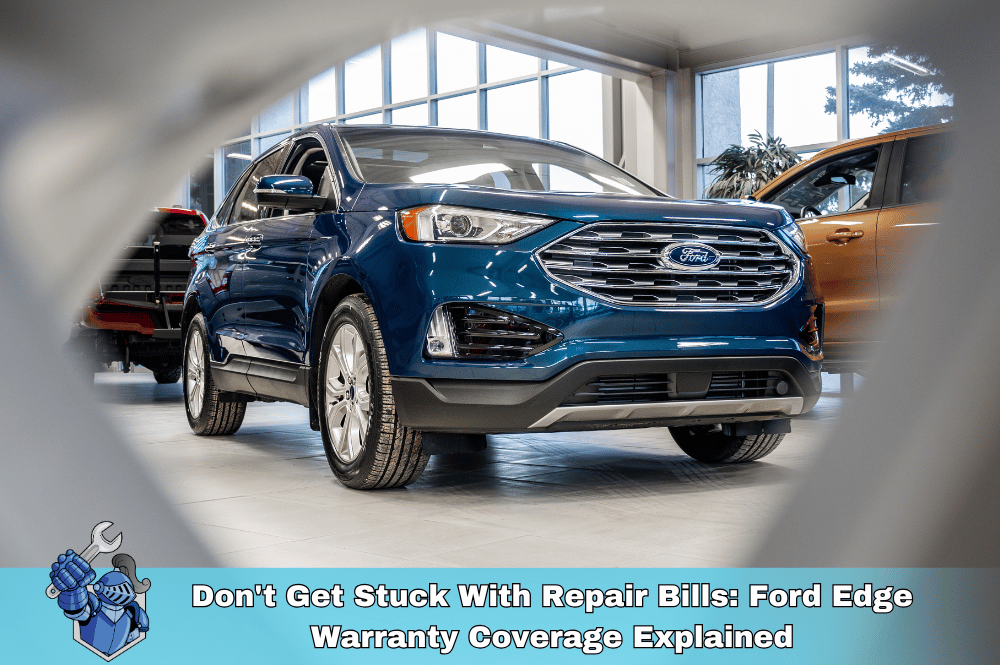 Don’t Get Stuck With Repair Bills: Ford Edge Warranty Coverage Explained
Don’t Get Stuck With Repair Bills: Ford Edge Warranty Coverage Explained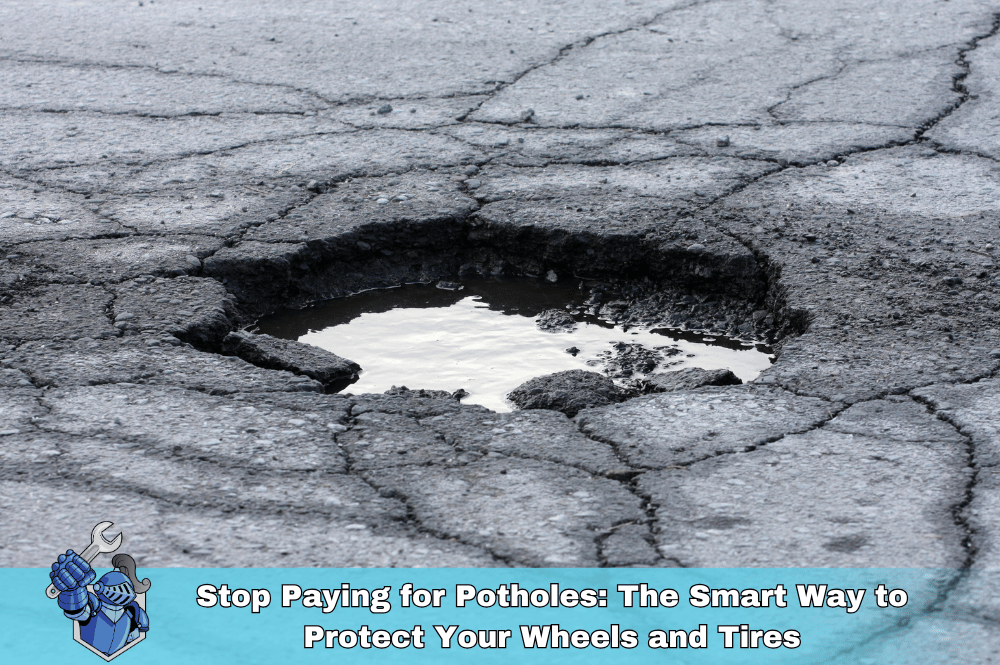 Stop Paying for Potholes: The Smart Way to Protect Your Wheels and Tires
Stop Paying for Potholes: The Smart Way to Protect Your Wheels and Tires RV Road Trip Ready: Secure Your Adventures with Extended Warranty Coverage
RV Road Trip Ready: Secure Your Adventures with Extended Warranty Coverage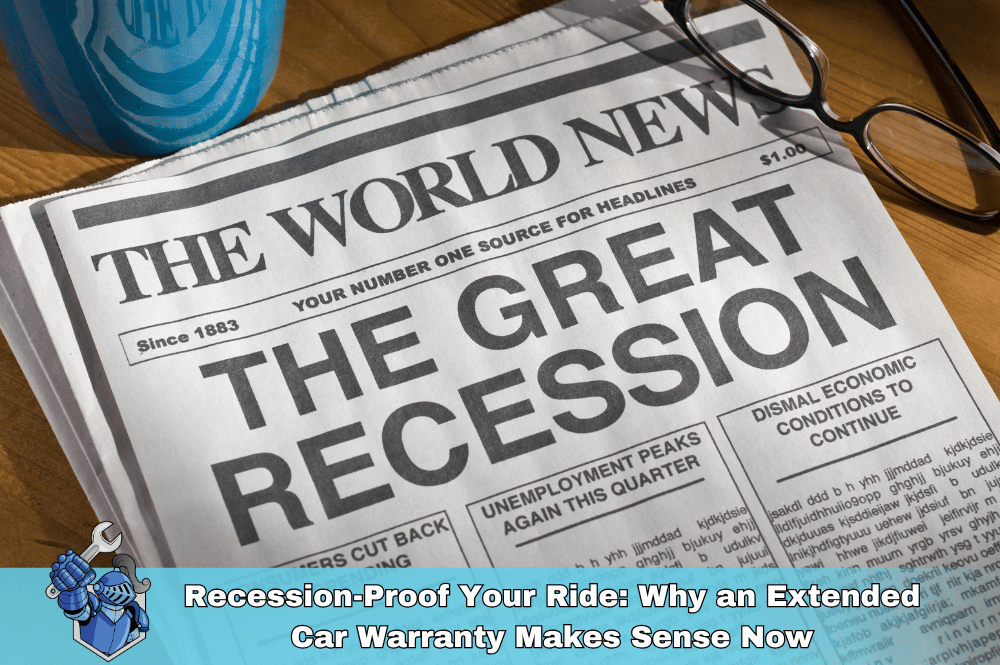 Recession-Proof Your Ride: Why an Extended Car Warranty Makes Sense Now
Recession-Proof Your Ride: Why an Extended Car Warranty Makes Sense Now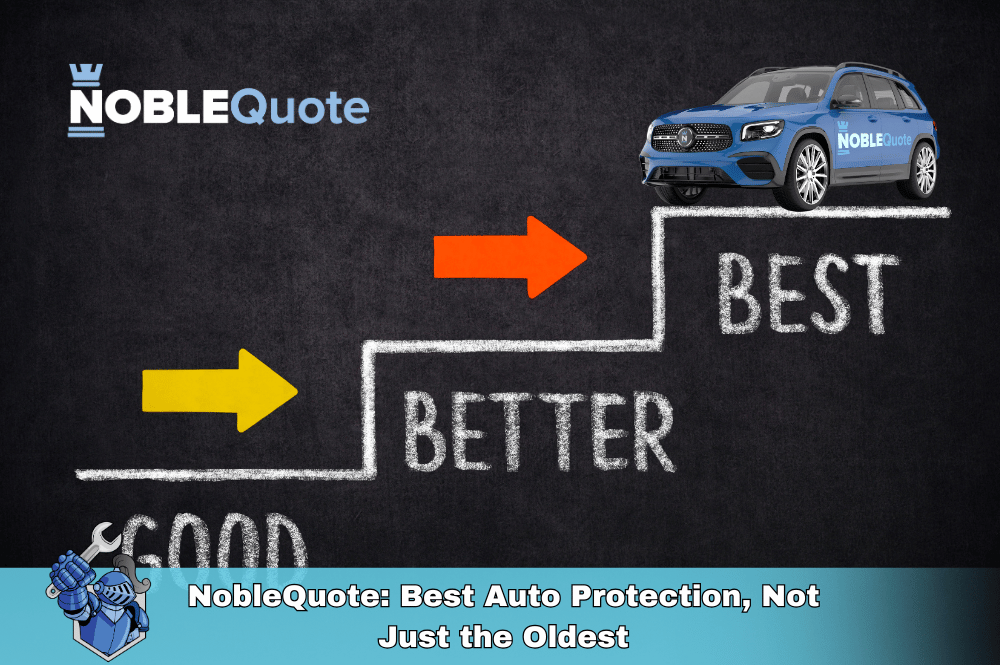 NobleQuote: Best Auto Protection, Not Just the Oldest
NobleQuote: Best Auto Protection, Not Just the Oldest What is a Home Warranty and Do You Need One?
What is a Home Warranty and Do You Need One? Decoding Your Wallet: The Benefits of Using Cash and Credit Wisely
Decoding Your Wallet: The Benefits of Using Cash and Credit Wisely Kia Telluride Review: Unpacking the Features and the Real Cost to Own
Kia Telluride Review: Unpacking the Features and the Real Cost to Own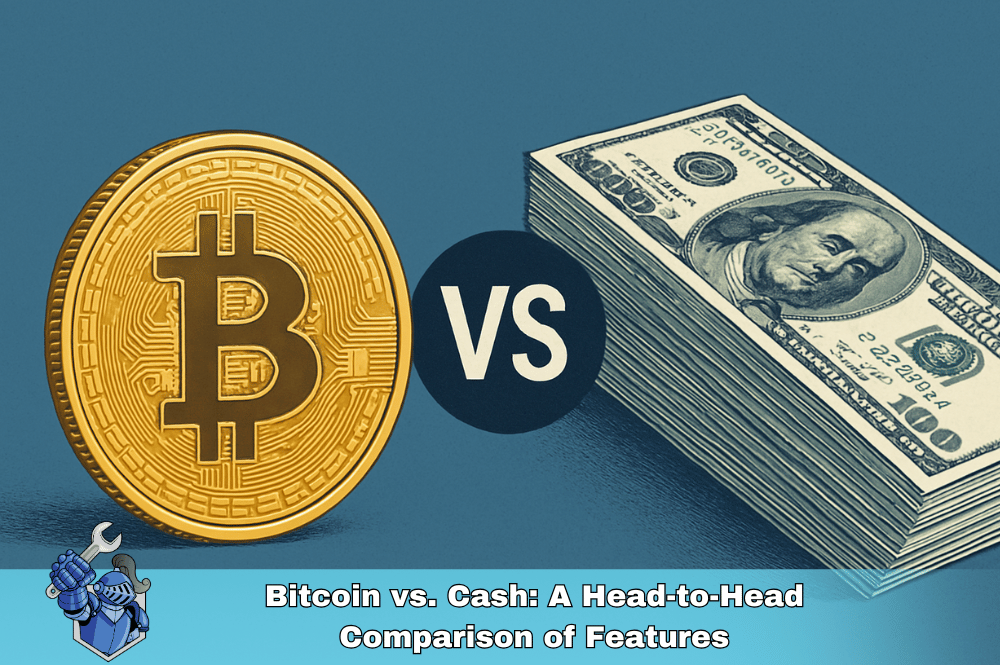 Bitcoin vs. Cash: A Head-to-Head Comparison of Features
Bitcoin vs. Cash: A Head-to-Head Comparison of Features Beyond the Hype: A Realistic Look at Hyundai Ioniq 5 Ownership Costs and Performance
Beyond the Hype: A Realistic Look at Hyundai Ioniq 5 Ownership Costs and Performance Rivian R1S Review: Is This the Ultimate Electric Adventure SUV? (2025)
Rivian R1S Review: Is This the Ultimate Electric Adventure SUV? (2025)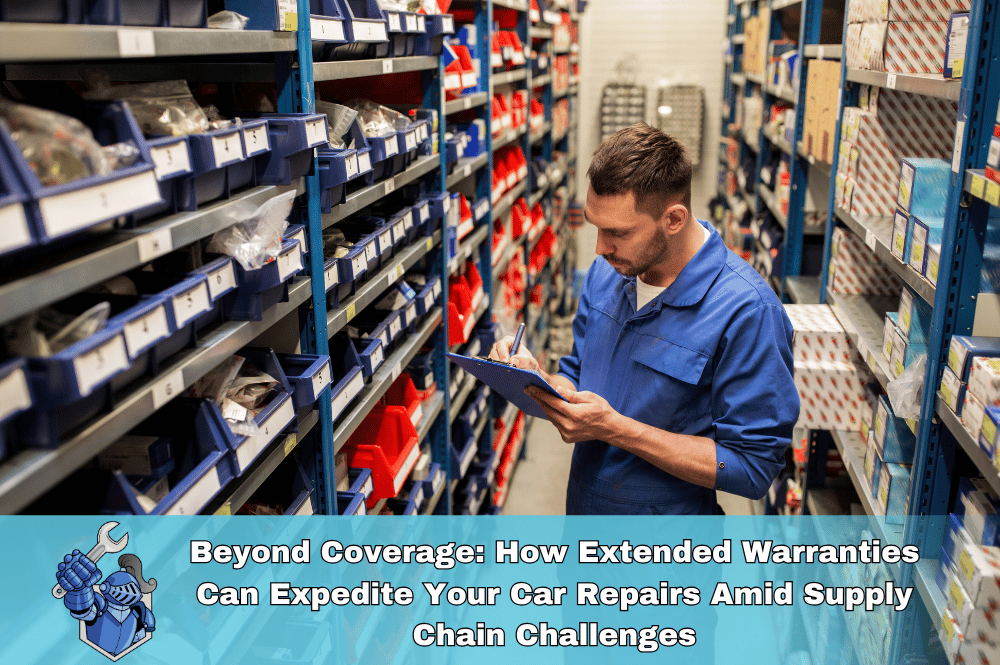 Beyond Coverage: How Extended Warranties Can Expedite Your Car Repairs Amid Supply Chain Challenges
Beyond Coverage: How Extended Warranties Can Expedite Your Car Repairs Amid Supply Chain Challenges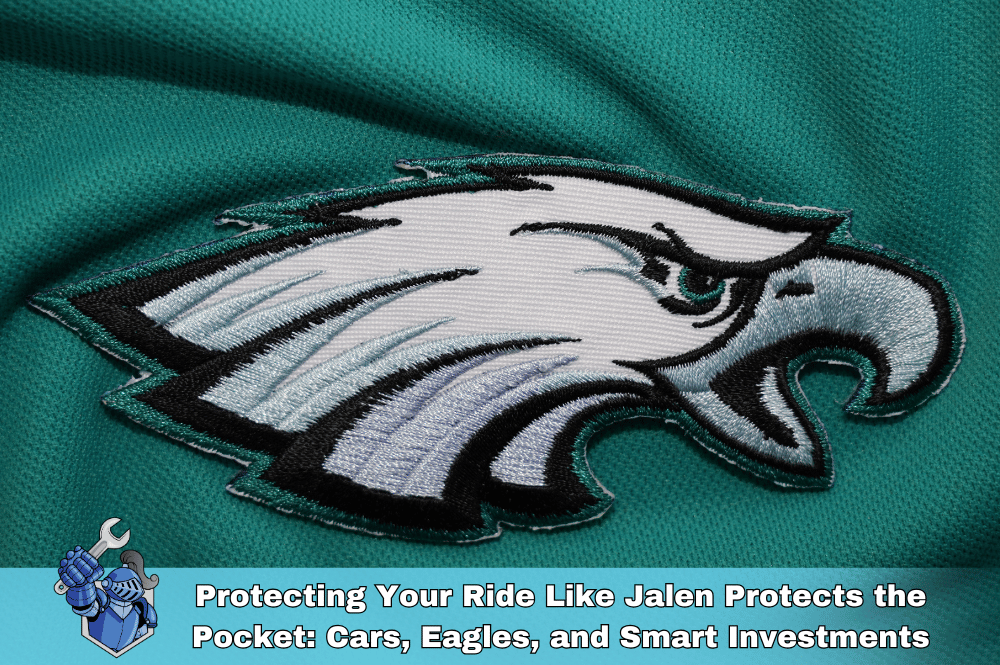 Protecting Your Ride Like Jalen Protects the Pocket: Cars, Eagles, and Smart Investments
Protecting Your Ride Like Jalen Protects the Pocket: Cars, Eagles, and Smart Investments Keeping vs. Selling: Weighing Your Car Options & the Value of an Extended Car Warranty
Keeping vs. Selling: Weighing Your Car Options & the Value of an Extended Car Warranty DIY Oil Change: Do It Better Than the Pros (and Save Money!)
DIY Oil Change: Do It Better Than the Pros (and Save Money!)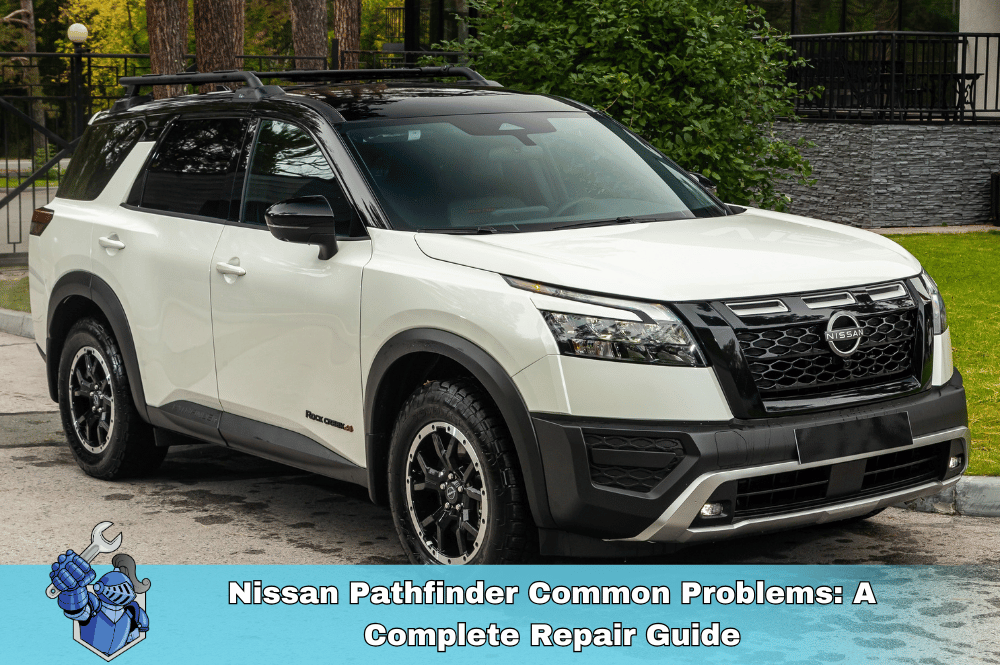 Nissan Pathfinder Common Problems: A Complete Repair Guide
Nissan Pathfinder Common Problems: A Complete Repair Guide Extended Car Warranty with Active Factory Coverage: Smart Move or Waste of Money?
Extended Car Warranty with Active Factory Coverage: Smart Move or Waste of Money?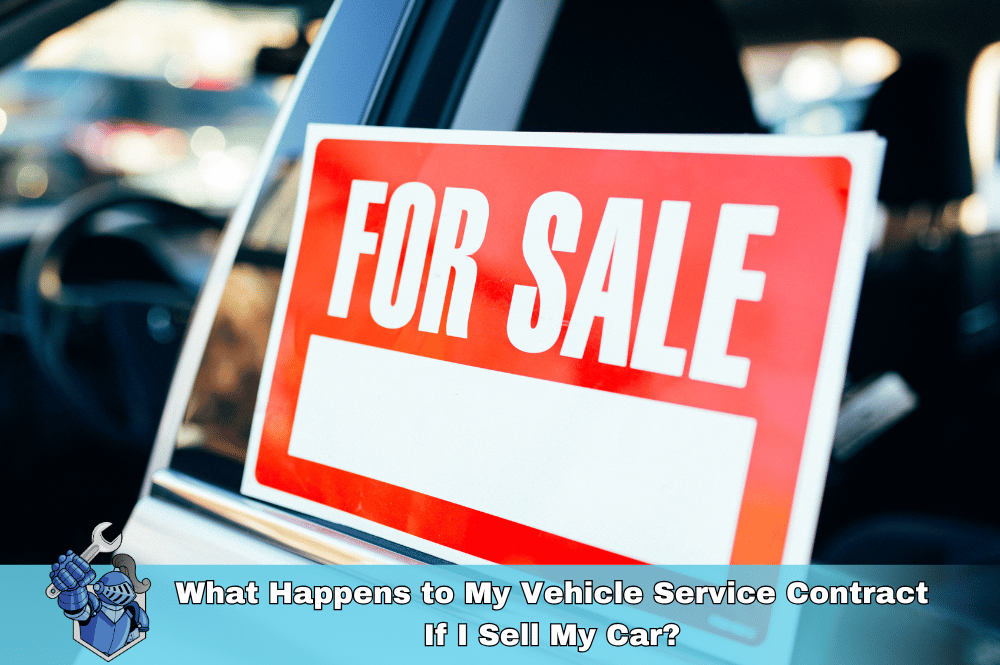 What Happens to My Vehicle Service Contract If I Sell My Car?
What Happens to My Vehicle Service Contract If I Sell My Car?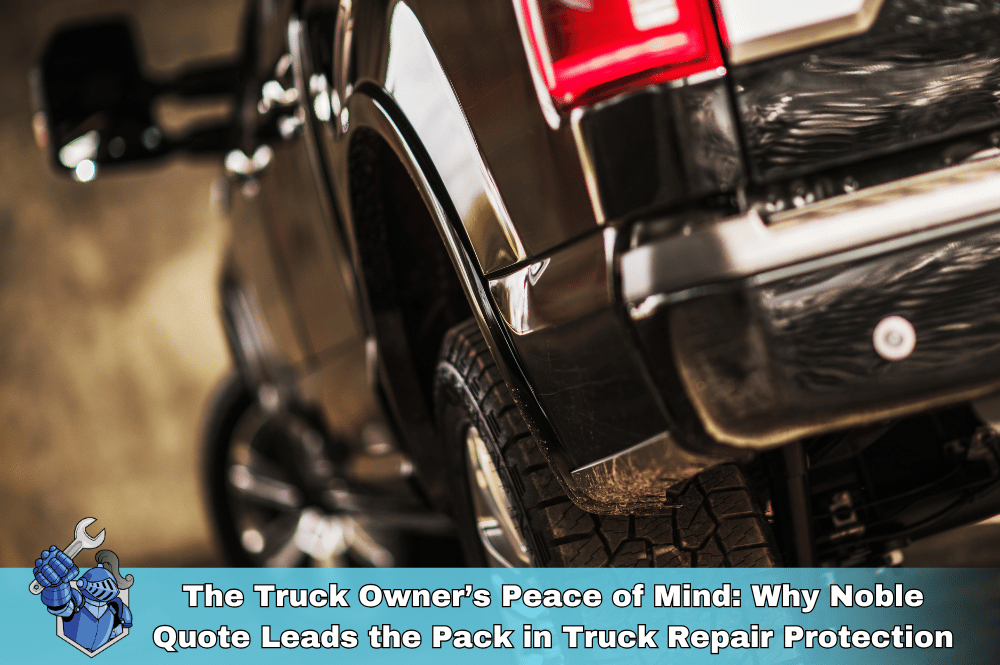 The Truck Owner’s Peace of Mind: Why Noble Quote Leads the Pack in Truck Repair Protection
The Truck Owner’s Peace of Mind: Why Noble Quote Leads the Pack in Truck Repair Protection Noble Quote: Driving with Confidence, Protected from Unexpected Repairs
Noble Quote: Driving with Confidence, Protected from Unexpected Repairs Ferrari vs. Lamborghini: A History of Innovation and Rivalry
Ferrari vs. Lamborghini: A History of Innovation and Rivalry Porsche GT3: Beyond the Numbers – The Soul-Stirring GT3 Experience
Porsche GT3: Beyond the Numbers – The Soul-Stirring GT3 Experience Kansas City Chiefs Players: You Won’t Believe What They’re Driving!
Kansas City Chiefs Players: You Won’t Believe What They’re Driving! Ford Raptor Extended Warranty Guide: Conquer the Road with Confidence
Ford Raptor Extended Warranty Guide: Conquer the Road with Confidence Dodge TRX: King of the Off-Road
Dodge TRX: King of the Off-Road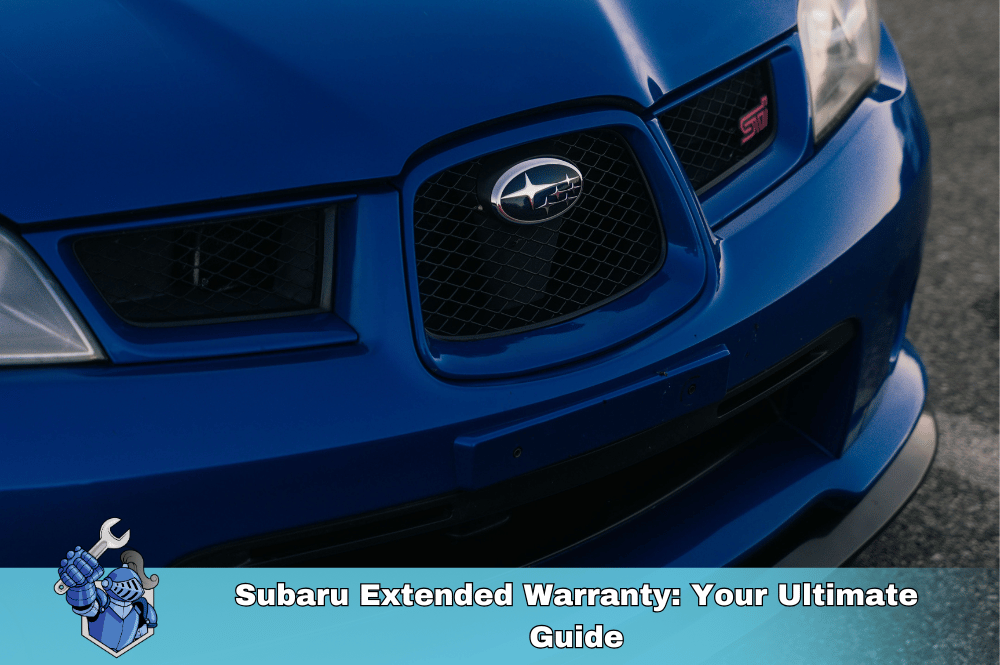 Subaru Extended Warranty: Your Ultimate Guide
Subaru Extended Warranty: Your Ultimate Guide Protect Your Car & the Planet: Introducing NobleQuote's Green Choice Program
Protect Your Car & the Planet: Introducing NobleQuote's Green Choice Program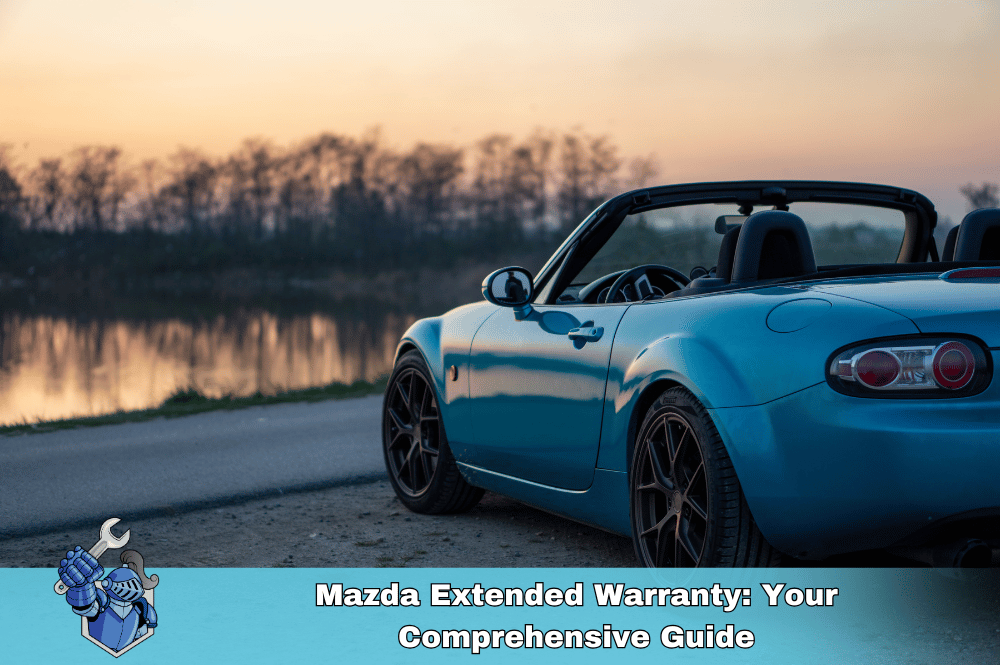 Mazda Extended Warranty: Your Comprehensive Guide
Mazda Extended Warranty: Your Comprehensive Guide The Most Common Car Breakdowns of 2025 (And How to Avoid Them)
The Most Common Car Breakdowns of 2025 (And How to Avoid Them) Chevy Malibu Ownership: Staying Ahead of the Repair Curve
Chevy Malibu Ownership: Staying Ahead of the Repair Curve Supercar Dreams on a Budget: The Most Affordable Exotics for First-Time Buyers
Supercar Dreams on a Budget: The Most Affordable Exotics for First-Time Buyers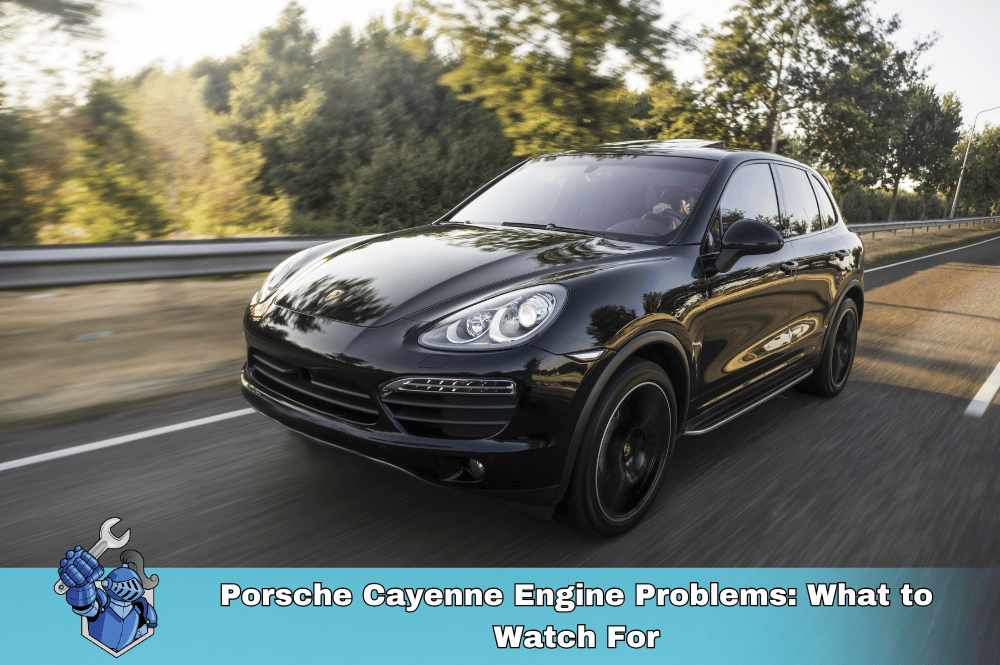 Porsche Cayenne Engine Problems: What to Watch For
Porsche Cayenne Engine Problems: What to Watch For The Future of Racing: Electric Cars, Autonomous Vehicles, and Beyond
The Future of Racing: Electric Cars, Autonomous Vehicles, and Beyond We've Moved! Noble Quote's New Home at the Lake of the Ozarks
We've Moved! Noble Quote's New Home at the Lake of the Ozarks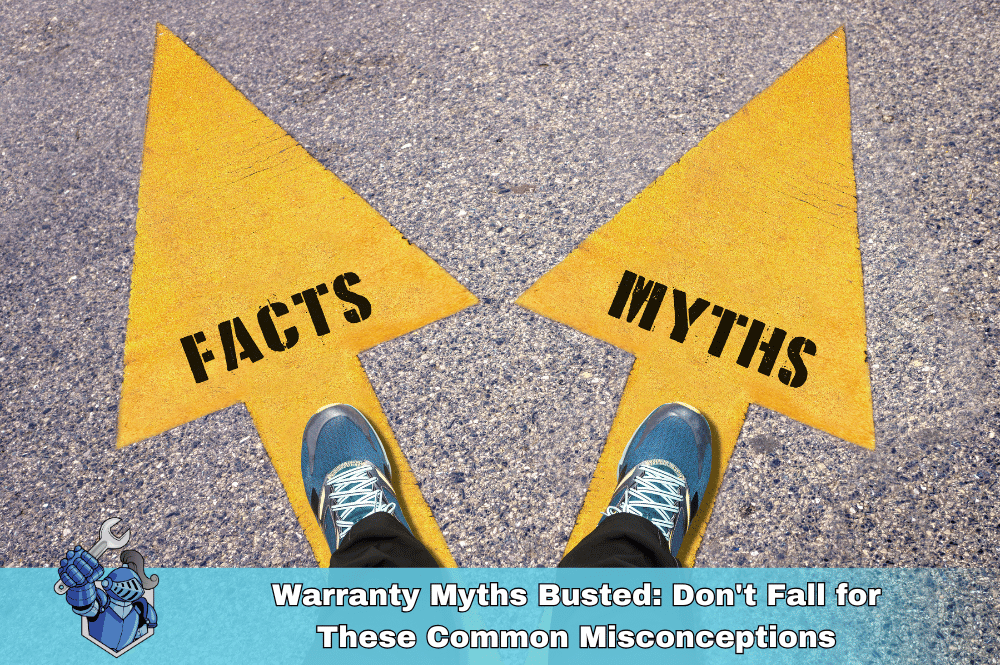 Warranty Myths Busted: Don't Fall for These Common Misconceptions
Warranty Myths Busted: Don't Fall for These Common Misconceptions The "New Car Smell" Doesn't Last Forever: Protecting Your Investment Long-Term
The "New Car Smell" Doesn't Last Forever: Protecting Your Investment Long-Term Forza: The Perfect Blend of Simulation and Arcade Fun
Forza: The Perfect Blend of Simulation and Arcade Fun If NASCAR Had Car Warranties: The Pit Stop Chaos You’d See
If NASCAR Had Car Warranties: The Pit Stop Chaos You’d See Beyond F1: Exploring the World's Most Extreme Racing Series
Beyond F1: Exploring the World's Most Extreme Racing Series 5 Car Problems That’ll Make You Wish You Had an Extended Warranty
5 Car Problems That’ll Make You Wish You Had an Extended Warranty The Greatest NASCAR Rivalries of All Time: On-Track Battles and Off-Track Drama
The Greatest NASCAR Rivalries of All Time: On-Track Battles and Off-Track Drama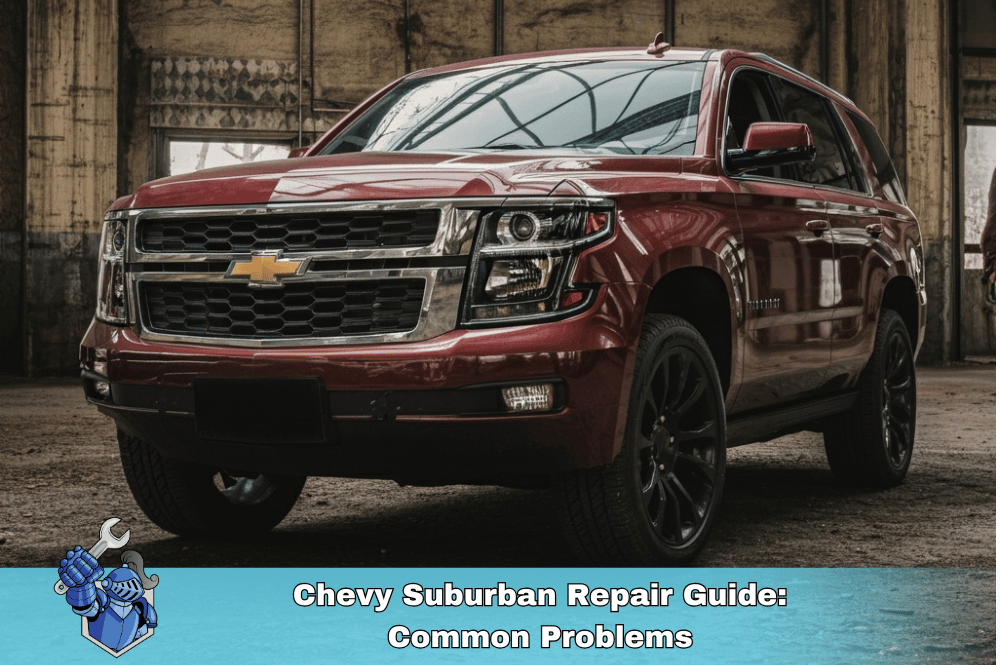 Chevy Suburban Repair Guide: Common Problems
Chevy Suburban Repair Guide: Common Problems Cupid's Got Horsepower: Rev Up Your Valentine's Day!
Cupid's Got Horsepower: Rev Up Your Valentine's Day! 10 Things You Didn't Know About James Bond’s Aston Martin DB5
10 Things You Didn't Know About James Bond’s Aston Martin DB5 Knight Rider vs. Back to the Future: A Battle of the 80s Icons
Knight Rider vs. Back to the Future: A Battle of the 80s Icons Cadillac Escalade: Mastering the Maintenance
Cadillac Escalade: Mastering the Maintenance Noble Quote vs. Omega Auto Care: Which Auto Warranty Is Right for You?
Noble Quote vs. Omega Auto Care: Which Auto Warranty Is Right for You? Charging Your Peace of Mind: Using a Credit Card to Buy a Car Warranty
Charging Your Peace of Mind: Using a Credit Card to Buy a Car Warranty Best Extended Warranty for Your Ford: Noble Quote or Ford Protect?
Best Extended Warranty for Your Ford: Noble Quote or Ford Protect?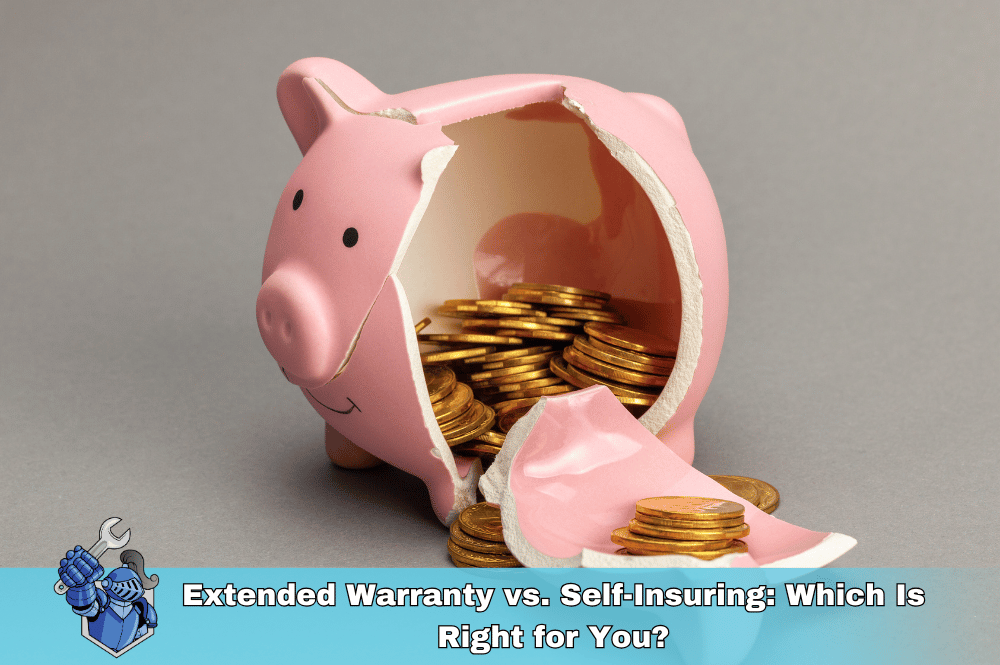 Extended Warranty vs. Self-Insuring: Which Is Right for You?
Extended Warranty vs. Self-Insuring: Which Is Right for You? Don’t Buy a Honda Warranty Before Reading This! Noble Quote vs. HondaCare
Don’t Buy a Honda Warranty Before Reading This! Noble Quote vs. HondaCare Mercedes-Benz G-Class Review: On and Off-Road Performance, Features, and Price
Mercedes-Benz G-Class Review: On and Off-Road Performance, Features, and Price Avoid Costly Repairs: Noble Quote vs. Ox Car Care Warranties
Avoid Costly Repairs: Noble Quote vs. Ox Car Care Warranties Affordable Protection: Noble Quote vs. Autopom Warranty Pricing
Affordable Protection: Noble Quote vs. Autopom Warranty Pricing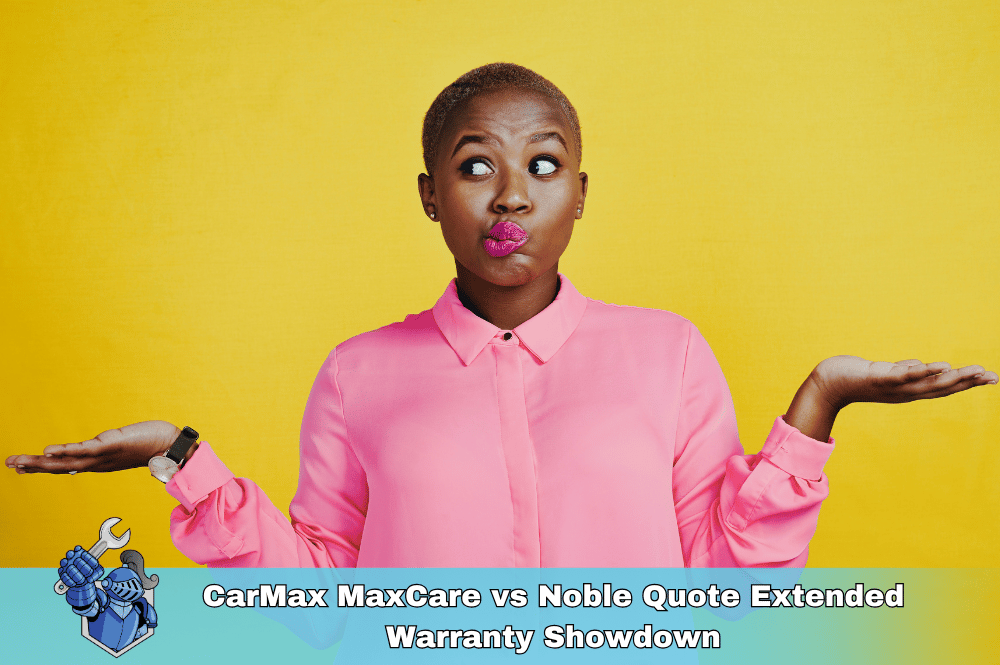 CarMax MaxCare vs. Noble Quote: Extended Warranty Showdown
CarMax MaxCare vs. Noble Quote: Extended Warranty Showdown Top 5 Most Expensive Car Repairs Your Manufacturer Warranty WON'T Cover
Top 5 Most Expensive Car Repairs Your Manufacturer Warranty WON'T Cover From Referrals to Reviews: Finding the Perfect Repair Shop for You
From Referrals to Reviews: Finding the Perfect Repair Shop for You Speaking Car: How to Clearly Communicate with Your Mechanic
Speaking Car: How to Clearly Communicate with Your Mechanic Selling Your Soul for an Extended Car Warranty (And Why They Keep Calling)
Selling Your Soul for an Extended Car Warranty (And Why They Keep Calling)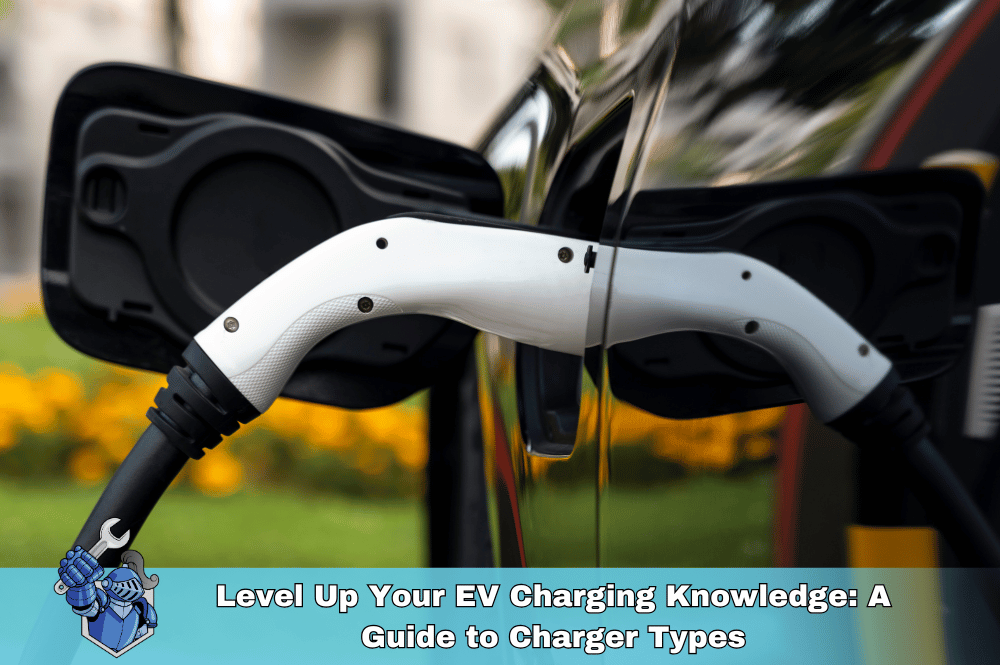 Level Up Your EV Charging Knowledge: A Guide to Charger Types
Level Up Your EV Charging Knowledge: A Guide to Charger Types Why Is My Car Heater Blowing Cold Air?
Why Is My Car Heater Blowing Cold Air? Bumper to Bumper Extended Warranty: What Does it Really Mean?
Bumper to Bumper Extended Warranty: What Does it Really Mean? Is Cruise Control REALLY Saving You Fuel? The Truth Revealed
Is Cruise Control REALLY Saving You Fuel? The Truth Revealed